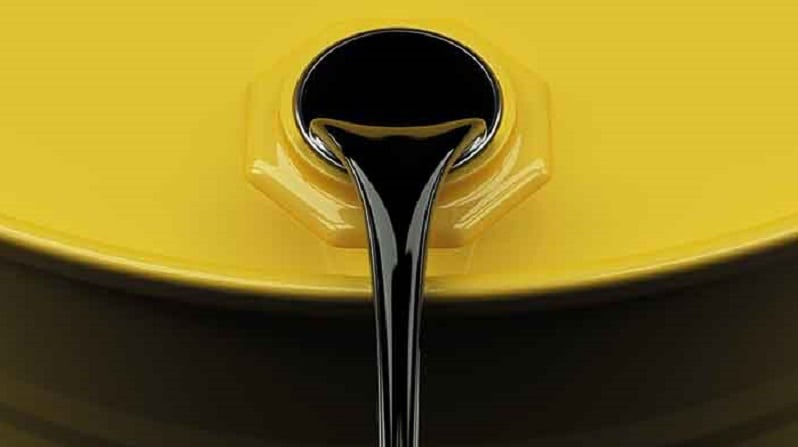Monday 28 June
-First-half results from Petrofac
Tuesday 29 June
-Full-year results from Lamprell
-First-half results from Hunting
-Nationwide UK house price survey
-UK money supply growth figures
-UK mortgage approval and household lending data
-US Conference Board consumer confidence indicator
-US Case-Shiller house price index
-In the US, quarterly results from Carnival and Novagold
Wednesday 30 June
-Civitas Social Housing full-year results
-Full-year results from Dixons Carphone
-First-half results from Serco
-Trading update from Topps Tiles
-Purchasing managers’ indices (PMIs) from China
-EU inflation data
-US oil inventories data
-US pending homes sales figures
-In the US, quarterly results from silicon chipmaker Micron, Constellation Brands and Cheerios-maker General Mills
Thursday 1 July
-Associated British Food third-quarter update
Despite the gradual unlocking of non-essential shops on April 12, the Primark-owner’s shares haven’t made any progress. Shares have risen by around a sixth over the past 12 months, but are still down by more than a third from their peak price of £35 a share in late 2015.
“That drop probably reflects difficulties in the sugar market, worries over what Brexit may or may not mean in the long run for sourcing product for Primark and the British consumer and also more competition for Primark from boohoo, ASOS and other rivals who have much stronger online propositions,” says AJ Bell financial analyst Danni Hewson.
In H1 group sales were down by 17% or 18% on a constant currency basis. In Q3 2020 AB Foods’ sales were £2.6bn, for a nine-month total of £10.3bn and they are the benchmarks for the figures this time around.
AB Foods has forecast a stronger pound will shave £30m off profits for the full year. Net debt including leases was £2.7bn over the first six months, though Hewson said it will be interesting to see how store reopenings have helped cash flow.
-Opec meeting
Just over a year ago, the price of oil collapsed as a plunge in demand coincided with a glut in supply and concerns over the cost of availability of storage. Since then prices have recovered with Brent crude currently trading at around $75 a barrel.
However, oil is sensitive to geopolitical issues such as Iran’s presidential election, the US-Iran nuclear talks and sanctions, economic chaos in Libya and Venezuela, all of which are influencing supply at the moment, Hewson notes.
Back in April 2020, Opec and Russia brokered a deal to cut their combined output by 9.7 million barrels a day, roughly 10% of global output. The so-called Opec+ deal has since been refined and output has slowly crept higher, to trim the total output cut to 2.1 million barrels per day to 5.8 million.
Traders and investors, as well as economists and central bankers, will be looking to see whether they will be taking output higher or leaving it where it is, according to Hewson. Higher oil price could stoke inflation further.
-Trading statement from John Wood
-Quarterly Short-Term Economic Survey of Enterprises in Japan – better known as the Tankan
-Manufacturing purchasing managers’ indices (PMIs) in Asia, Europe, the UK and US
-US monthly car sales figures
-US weekly unemployment claims
-In Europe, quarterly results from H&M and Sodexo
-In the US, quarterly results from Walgreen Boots Alliance
Friday 2 July
-US non-farm payrolls
Last month’s non-farm payrolls figure massively undershot expectations last month, as it showed the addition of 559,000 jobs, an improvement on the 278,000 total in April.
AJ Bell investment director Russ Mould says: “Some economists are still fretting that a shortage of labour is holding back job creation, which seems bizarre when the official U3 unemployment rate is 5.8% and the U6 rate is 10.2%”.
He added that the theory is that US government stimulus checks and employment support have been so generous many workers are being tempted to stay at home.
The result of a labour shortage could be wage growth. Last month’s average monthly pay number was $30.33%, 2% higher than the year before. If wages continue to grow then inflation may become a permanent reality.










